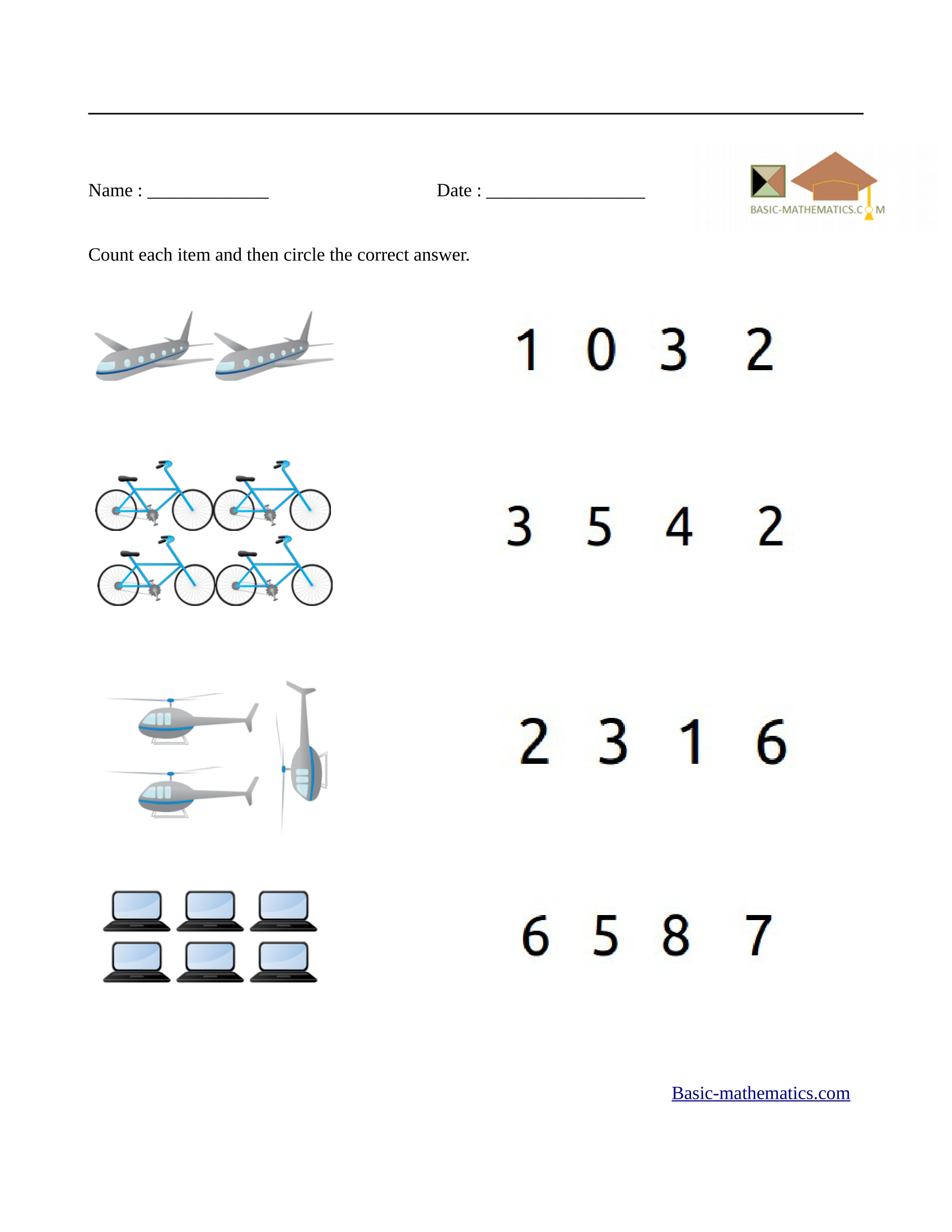


Pre-K children develop number sense, investigate relationships among numbers, and explore the properties of numbers.These skills encourage children to think flexibly and promote confidence with numbers and solving problems. Numbers & Operations is basically “number sense,” which has been shown to be the building block for all other math skills. Therefore, they are a fundamental part of many Get Set for School math lessons. While all these areas are important for math development, the first two, Number & Operations and Geometry, are foundational to future math learning. All learning areas are intentionally designed to be developmentally appropriate.īelow, you’ll find the core skills taught in the daily Get Set for School math lessons. Get Set for School is a complete curriculum with math being just one of the core learning areas. We understand the importance of building a strong foundation of ALL skills for ALL preschool children. Taking into consideration child development and what skills children need to know and when, Get Set for School® by Learning Without Tears is a developmentally appropriate, child friendly curriculum that provides teachers with easy-to-follow lessons and materials that will engage and entice children to learn and play. What math skills should Pre-K students be learning? Investing time and effort in teaching preschool children math is extremely important, but what skills do we teach and where do we begin? To best support the development of Pre-K math skills, it's important to understand the specific foundation skills preschool-level children need to know. Jie-Qi (Jackie) Chen, professor of Child Development at the Erikson Institute, “Developing a mentally organized way of thinking is critical.” To make that happen, Chen says, “We need to provide high-quality math education at an early age.” But a strong math foundation also provides skills for problem-solving and critical-thinking that are vital to success and safety in all aspects of our life. It’s obvious we need math in daily life for budgeting, to double or halve a recipe, or determine if we receive the correct change at a store. Secondly, if we keep in mind that math provides the basis for vital skills later in life, this may lessen the intimidation factor of math. Math encourages creative thinking and problem solving In "School Readiness and Later Achievement," a widely cited 2007 study by education professor Greg Duncan found that "early math concepts, such as knowledge of numbers and ordinality, were the most powerful predictors of later learning" in a comparison of math, literacy, and social-emotional skills at kindergarten entry.

Why is teaching math to preschool children so important? First, it has been found that math skills can be a predictor for later-life success-more so than reading. We must intentionally teach children what those numbers mean (number sense)-and more! Math skills as predictor for later life success Likewise, it is important to keep in mind that rote counting of the 123s does not teach our children anything more than a list of number words in order.
SIMPLE MATH PROBLEMS FOR PRESCHOOLERS HOW TO
We are all aware that just singing the ABCs does not teach our children how to read. But, keep in mind this is Pre-K, and I have no doubt that each and every one of us should be confident that we can do Pre-K math!īeing confident is a first step, but we also need to make sure we are equipped with an understanding of what Pre-K children need to know and how to best teach them. Why so little time devoted to math? Could it be for those of us who teach preschool children, just the mere thought of MATH makes us feel a little woozy? (I know this happens to me!) When we think of math, we conjure up thoughts of high school geometry or calculus and feel intimidated as to where to even begin with Pre-K children. However, they found that increasing the amount of time children spend engaged in math from 2 percent to just 4 percent led to significant math gains. Likewise, a 2017 study by Vanderbilt University education professor Dale Farran found that math was only taught intentionally 2.5 percent of the day in her study of preschool classrooms. Well, according to one study, only 58 seconds per day was spent on math in preschools with six-hour days. These skills even need to be taught to the littlest learners: preschoolers! But, how much attention beyond rote counting is really given to math in preschool? These are meant to remind us of the basic skills that students need to be taught in school. We are all familiar with the core areas of learning: “Reading, Writing, and Arithmetic”, or more recently, the focus on the STEM and STEAM initiatives.


 0 kommentar(er)
0 kommentar(er)
